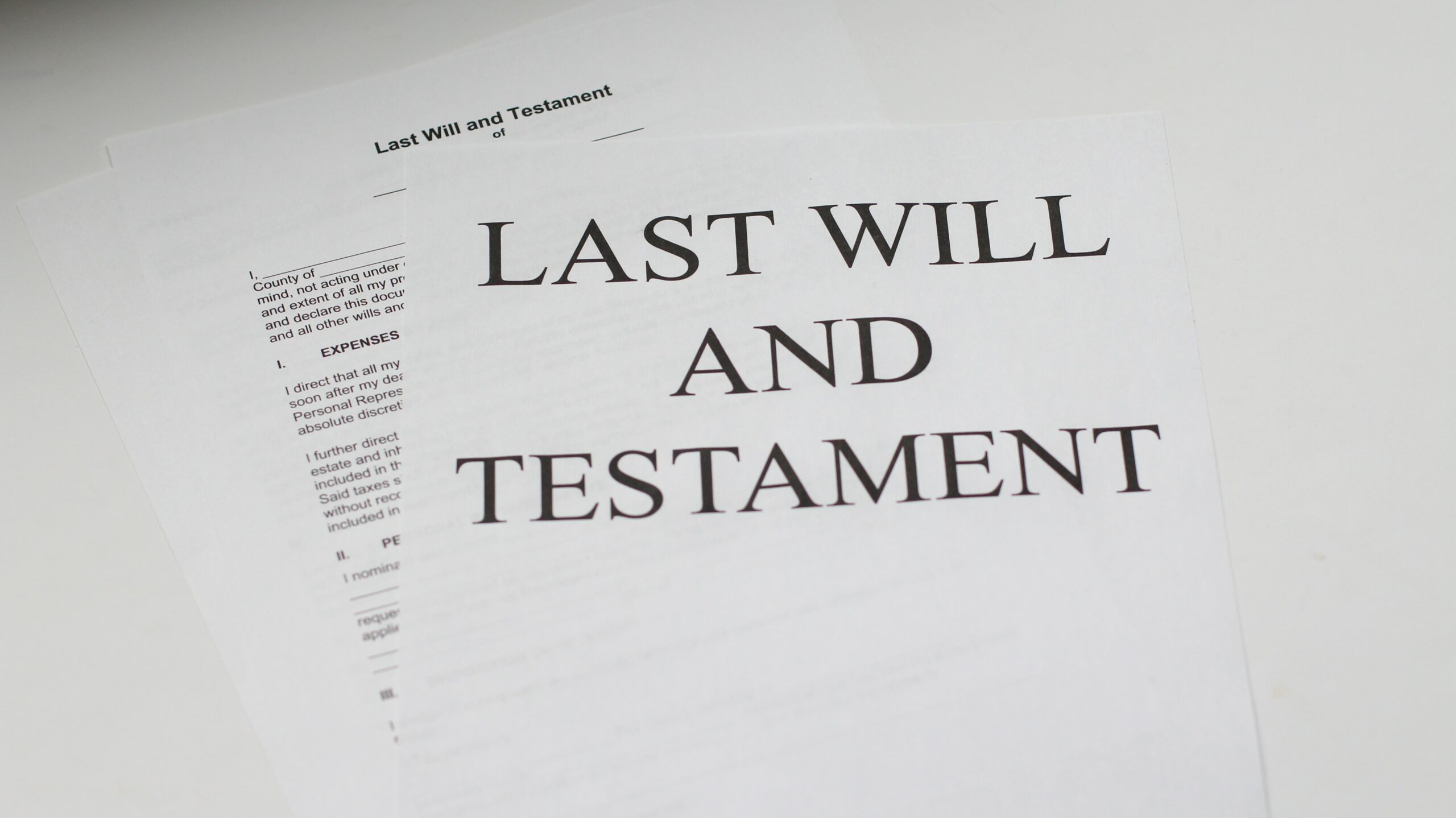If you live in Washington State and have an estranged family member, are you worried about them contesting your will after you die? Well, don’t worry quite yet. There are a variety of criteria an individual must meet to contest a will in the state of Washington.
Depending on your situation, there might also be measures you can take as you revisit your existing estate plan or create a new one to cause them to think twice about doing so. Here is what you need to know about whether an estranged family member can contest a will in Washington state.
What is the timeline for contesting a will in Washington state?
Specific rules and timelines must be followed when contesting a will. If a family member wants to challenge yours, they must do so within the allowed time and have adequate grounds to contest. If they do not do so within the designated period, the probate or rejection of your will is final and legally binding.
In Washington state, a petition to contest a will can only be filed within four months immediately following the probate or rejection of your will. Within those four months, the person contesting must file a petition containing their objections and/or exceptions to the will or its rejection. Their contest is only commenced once their petition is filed with a Washington state court.
In addition to filing their petition within the designated timeframe, a family member must have grounds to contest based on their relationship with you and their reason for doing so. If you are worried about estranged family members contesting your will, it is crucial to understand if they could meet these criteria.
Who has grounds to contest a will in Washington state?
Should your family member meet the above criteria regarding the timeline for filing their petition to contest your will, they will likely be able to move forward with their contest, so long as they have standing to do so. To contest a will in Washington state, the person contesting must fall into one of two groups: beneficiaries or heirs.
Beneficiaries are those you name in your will, ranging from children to friends. Heirs are those relatives who would inherit even if you had not had a will, such as your spouse or children. Both groups can contest your will, so an estranged relative who you omitted would be able to challenge it if they had adequate grounds to do so.
What are the grounds for contesting a will in Washington state?
Grounds for contesting a will are the reason(s) underlying why the person contesting your will has some basis or evidence for contesting the will. Such reasons must be legal and can vary.
One reason is that a beneficiary or heir believes that you were under someone else’s influence to create your will in a particular person’s favor or were otherwise manipulated to do so. Another is that you lacked the mental capacity to make your will. Only a testator of sound mind may create a will in Washington (RCW 11.12.010).
A testator is of sound mind when a will is executed if the testator has sufficient mind and memory to understand the consequences of executing a will, generally understands the nature and extent of the testator’s property, and that this property will be disposed of according to the terms of the will, and can recollect the objects of the testator’s bounty. The testator’s bounty is the people who should naturally inherit the testator’s property, such as children and close relatives, and how they are related to the testator.
There are also more technical reasons why someone might contest a will, from believing there was negligence or fraud in play to there being a different or newer will. Sometimes, the person contesting might argue that your will was improperly executed.
How can no-contest clauses protect your will from being contested?
If you anticipate a family member contesting your will, consider adding a no-contest clause, also known as an in terrorem clause. In Washington state, a no-contest clause generally discourages beneficiaries from disputing the validity of a will by stating that they will forfeit any inheritance they would have otherwise gotten if they contest the will and lose. Without a no-contest clause, your beneficiaries have little to disincentivize them from contesting.
Moreover, in Washington state, if the person contesting has a good faith basis for contesting a will and probable cause exists for their contest, the no-contest clause is not applicable. This test means that if the person challenging has grounds and there is no suspected ill intent or bad faith on their part, they can override the no-contest clause where it exists.
One potential deterrent to potential challenges from an estranged relative is to name them a beneficiary in some capacity. For example, you may leave them a portion of your inheritance or very little. By naming them as a beneficiary, leaving them with some inheritance, and including a no-contest clause in your will, you might cause them to think twice about contesting.
Find a Washington state estate planning lawyer.
If you are worried that a relative might contest your will, consider whether they meet the above criteria. If they do, there are still steps you can take to make them less likely to succeed in their challenge. The first is contacting a Washington state estate planning lawyer with experience in will contests.
Thinking ahead and taking steps to rest easy, knowing your wishes will be honored, can save your family stress, time, and money in the long run. Out Seattle estate planning lawyers have vast experience creating or updating existing estate plans to meet your and your loved ones’ changing needs. Contact our Seattle office today.











